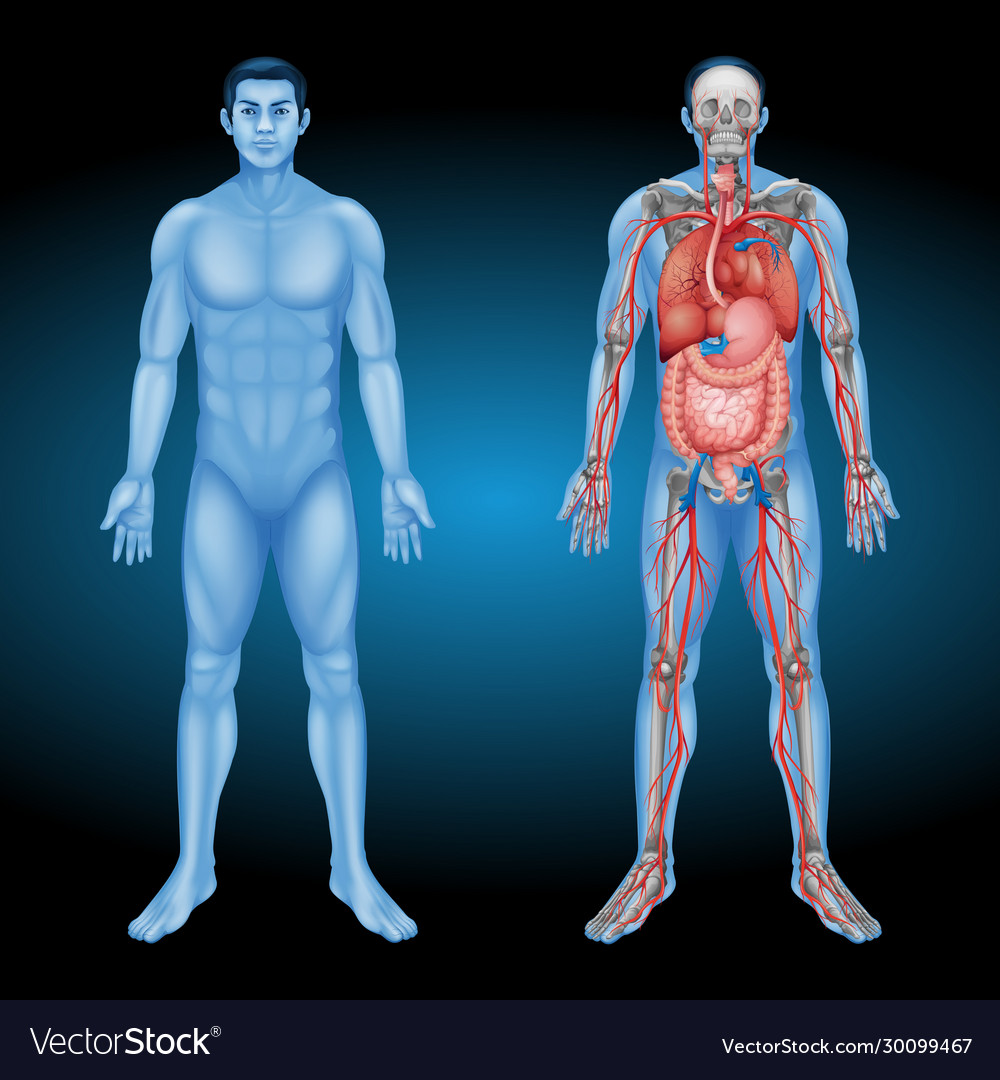The teachings of the Bahá’í Faith intricately interweave the physical and spiritual realms, establishing a profound dialogue between the body and the soul. This theological framework compels followers to transcend mere corporeal existence, urging them to explore the spiritual dimensions of life. As we delve into this rich tapestry of beliefs, we uncover a paradigm that redefines the human experience, promising a transformative shift in perspective.
The Essence of Duality
At the heart of Bahá’í teachings lies the concept of duality: the coexistence of the material and spiritual worlds. The human being is perceived not only as an entity of flesh and bone but as a composite of both body and soul. This dual nature suggests that while our physical bodies inhabit the temporal sphere, our souls are linked to the eternal. This correlation between body and soul lays the groundwork for understanding how the physical experiences serve as catalysts for spiritual enhancement.
Physicality as a Spiritual Catalyst
In Bahá’í thought, the physical body is not a mere vessel; rather, it is a vital instrument through which the soul can express and develop. Our everyday actions—nurturing relationships, engaging in acts of service, and pursuing knowledge—can empower our spiritual growth. Through the act of living a life of purpose, individuals witness their physical endeavors metamorphosing into spiritual achievements. Thus, the mundane life acquires unwarranted significance as a stepping stone toward higher realization.
The Importance of Community in Spiritual Growth
Community plays a pivotal role in the Bahá’í journey from body to soul. The collective experience fosters an environment ripe for spiritual evolution. Engaging with others in a spirit of unity, love, and respect allows individuals to reflect on their actions and thoughts within a broader context. It is through interaction with the community that one learns compassion, empathy, and the art of selflessness—qualities that enrich the soul. The Bahá’í teachings emphasize that the well-being of humanity’s collective is intricately tied to the spiritual development of its individuals.
Self-Reflection and the Pathway to Spirituality
Self-reflection is indispensable in the Bahá’í tradition, as it serves as a conduit for the soul’s journey. By engaging in introspection, individuals can assess their motivations and actions, shedding light on their spiritual condition. This process of examination, akin to a mirror reflecting one’s inner reality, cultivates awareness and accountability. Consequently, it becomes evident that the alignment of one’s actions with spiritual principles catalyzes a profound transformation, propelling the soul toward higher planes of existence.
Education as a Means of Elevation
The pursuit of knowledge is another cornerstone of Bahá’í beliefs, underscoring the invaluable relationship between education and the elevation of the soul. Empowering individuals through education enables them to better understand their roles within the universe. The Bahá’í teachings advocate for an education that is not only academic but also spiritual in nature. This synthesis encourages individuals to reflect on the nobility of their purpose, which transcends material achievement. It is through enlightened understanding that the soul flourishes, nourished by wisdom and insight.
Service as a Spiritual Endeavor
Engagement in service to others is perceived as one of the most potent expressions of spirituality in Bahá’í teachings. Serving humanity not only addresses the physical needs of individuals but also enriches the soul of the server. Acts of kindness and generosity create ripples of positive change within the community, fostering a collective consciousness aligned with spiritual ideals. As individuals contribute selflessly, they embark on a reciprocal journey of spiritual elevation, reinforcing the symbiosis between the body’s actions and the soul’s aspirations.
The Role of Prayer and Meditation
Integral to the Bahá’í experience is prayer and meditation, practices that serve to bridge the corporeal and the ethereal. These rituals facilitate communion with the Divine, igniting the flame of spirituality within. They encourage an awareness of one’s connection to a higher power, providing solace and guidance. Through the act of prayer, individuals transcend the material concerns of existence, allowing their souls to reach for the divine essence, thus reinforcing the tenet that spirituality is not divorced from physicality but is a natural extension of it.
Unity of Religion and Spiritual Evolution
The Bahá’í Faith posits that all religions are interconnected, sharing the same divine source and principles of spirituality. This unity of religions underscores a collective journey towards understanding and wisdom. By acknowledging the similarities among faiths, followers are encouraged to embrace a broader worldview, cultivating a sense of global citizenship. This realization compels individuals to recognize that spiritual evolution is not confined to sectarian boundaries but is a universal quest that enriches the soul irrespective of physical affiliations.
Conclusion: The Ascendancy of the Soul
In navigating the intricate relationship between body and soul within the framework of Bahá’í teachings, one discovers a profound pathway that transcends the limitations of physical existence. The integration of these elements fosters a holistic understanding of humanity’s purpose. As individuals recognize that they are both material beings and spiritual entities, they come to appreciate the remarkable potential for transformation that lies in their daily experiences. Ultimately, the elucidation of this dynamic relationship invites a deeper exploration of one’s existence, piquing curiosity and promising an awe-inspiring shift in perspective, as the journey from body to soul unfolds into a magnificent odyssey of spiritual awakening.
